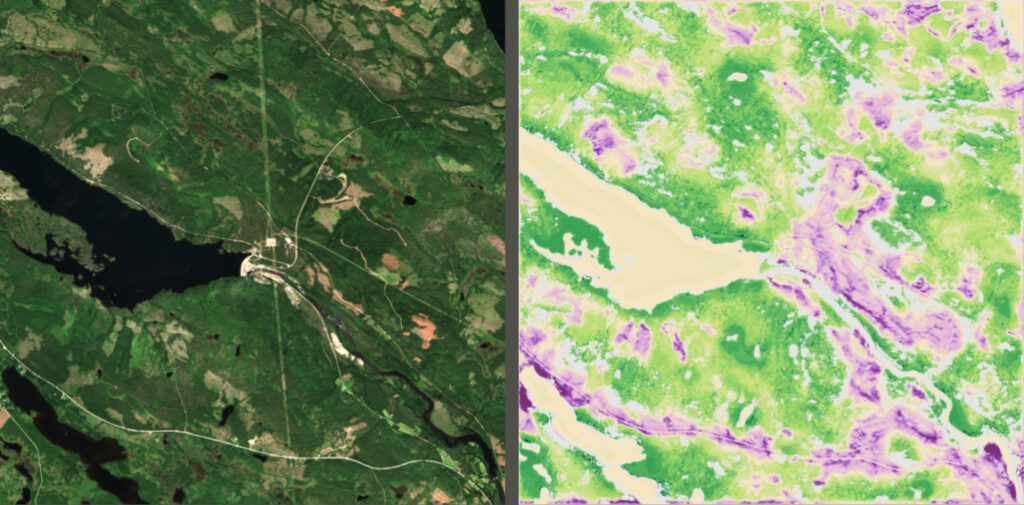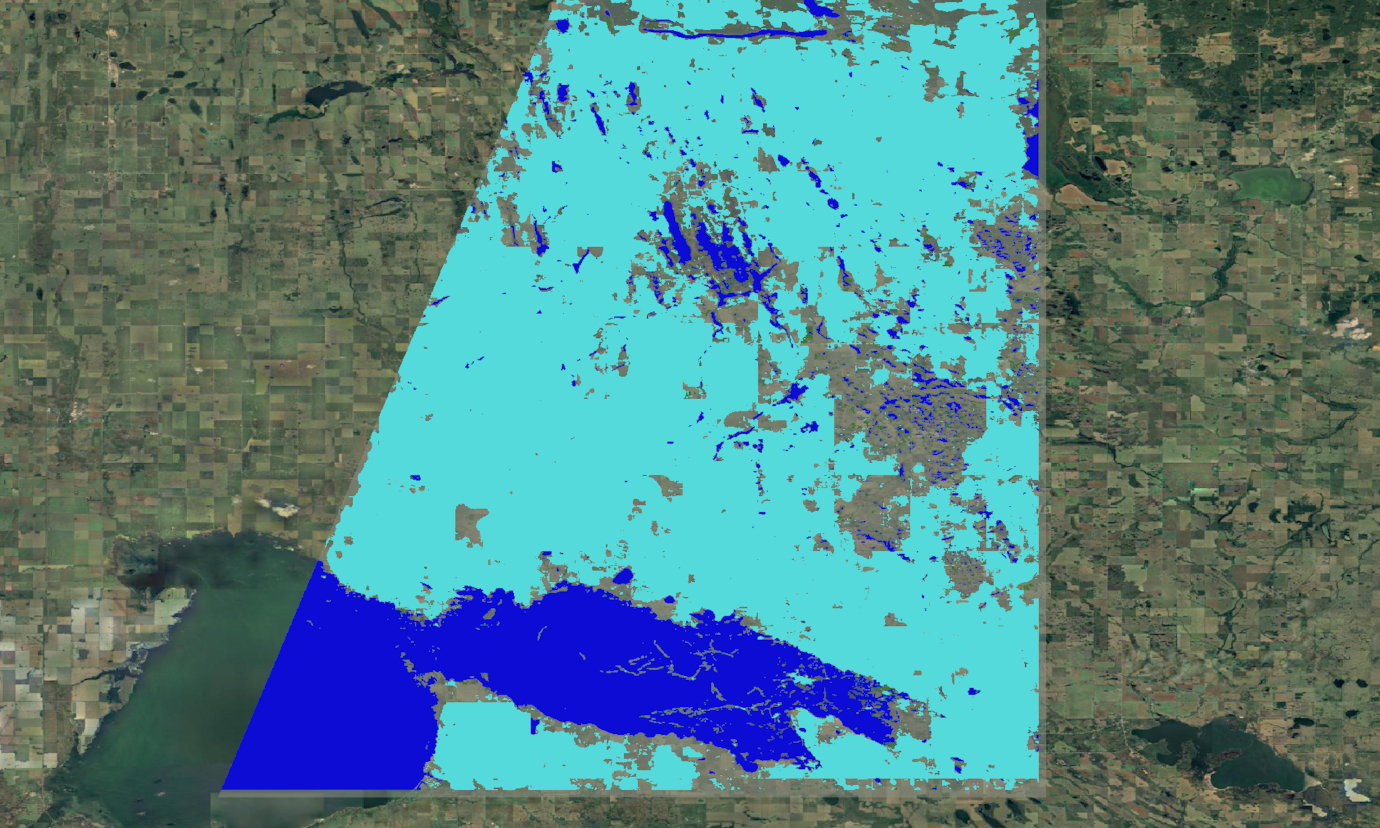Identifiers for Reproducible Science
Shaping the future of geospatial data technologies
The Open Geospatial Consortium (OGC) Testbed is an annual research and development program that explores geospatial technology from various angles. It takes the OGC standards baseline into account, but at the same time allows for exploration of selected aspects from a different perspective.
“OGC Testbeds are OGC’s largest Innovation Program (IP) initiatives. Testbeds boost research and development to make location data and information more FAIR: Findable, Accessible, Interoperable, and Re-Usable. Testbeds provide a unique opportunity for sponsors to tackle location data and processing challenges together with the world’s leading geospatial IT experts.
In a collaborative effort, all Testbed participants, sponsors, and the OGC team work jointly on the goal to stepwise increase Technology Readiness Levels (TRL) of geospatial IT solutions, including software architecture, interface design, information and data models, as well as any related standards and specifications.” (OGC Testbed-18 | OGC, 2022)
52°North participated in the task “Identifiers for Reproducible Science” of the “Future of Open Science and Building Energy Interoperability” thread. The task aimed to explore and develop best practices for reproducible scientific workflows in the field of Earth Observation. In addition, it proposed to investigate which standards are suitable to achieve reproducibility. 52°North selected a scientific study from one of its research partners as a demonstration use case. The study explores wilderness characteristics using explainable machine learning models. We used the Open Data Cube to index the AnthroProtect dataset, pygeoapi to make them available via OGC API Coverages and created STAC items to identify the data. Using Jupyter Notebooks, our team was able to visualize aspects of the trained model and predict the classification of a Sentinel-2 scene’s sensitive areas as either wild or anthropogenic. The workflow is available on the Whole Tale platform, which enables the reproduction of research results by executing tales – executable research objects that capture data, code and the software environment.

